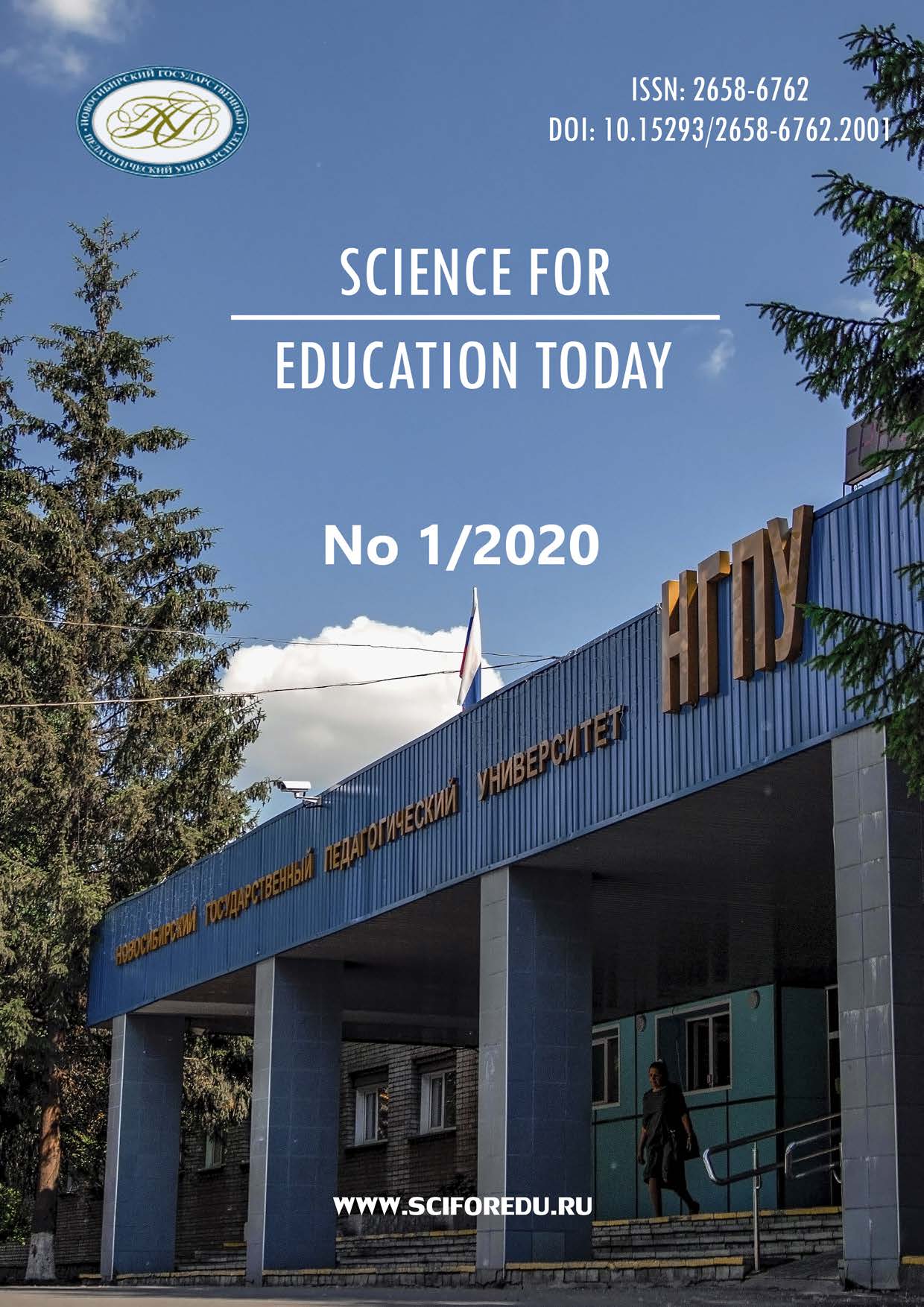Специфика психологической готовности к инновационной деятельности молодежи Санкт-Петербурга и Томска
Specific features of psychological readiness for innovative activity (with the main focus on young adults in St. Petersburg and Tomsk)
Author(s): Ekaterinа Igorevna Perikova, Inna Victorovna Atamanova, Sergey Aleksandrovich BogomazSubject(s): Developmental Psychology, Social development
Published by: Новосибирский государственный педагогический университет
Keywords: Readiness for innovative activity; Psychological system of activity; Innovativeness; Change response styles; Emotional intelligence; Youth adults; System of higher education;
Summary/Abstract: Building a competitive system of higher education oriented to innovative socio-economic development is impossible without studying the specifics of university students’ readiness for innovative activity. The aim of the research is to analyze university students’ psychological readiness for innovative activity in St. Petersburg and Tomsk. Materials and Methods. In order to study readiness for innovative activity, the authors evaluated innovativeness and psychological parameters of activity applying the following methods: D. V. Lyusin’s Emotional Intelligence Questionnaire, E. Yu. Mandrikova’s Self-Organization of Activity Questionnaire, D. A. Leontiev and E. N. Osin’s Reflexivity Type Assessment Test, the World Values Survey by R. Inglehart, adapted by R. K. Khabibulin, The Satisfaction with Life Scale developed by E. Diener and adapted by E. N. Osin and D. A. Leontiev, and The Change Response Styles Questionnaire developed by T. U. Bazarov and M. P. Sycheva. The sample was made up of 474 people: 291 residents of St. Petersburg and 183 residents of Tomsk. The mean age was 22.5 ± 3.9. Results. The study results indicate that specific features of psychological readiness for innovative activity in young adults are determined by their residence. Young adults from St. Petersburg show a greater readiness for innovative activity in terms of initiating innovations, while the participants from Tomsk, adhering to traditional values, are more prone to accept and support changes. The authors reveal six profiles of innovativeness and the psychological system of activity, namely "innovators", "conservatives", "reactive", "implementing", "innovation-oriented" and "stability-oriented", which have different representation in young adults from St. Petersburg and Tomsk. The authors conclude that the innovativeness of Russian young adults is manifested in such characteristics as purposefulness, sensitivity to oneself and others (emotional intelligence) and the level of systemic reflection. Conclusions. The findings show that it is necessary to take into account the specifics of young adults’ readiness for innovative activity when transforming the system of higher education in different cities of Russia.
Journal: Science for Education Today
- Issue Year: 10/2020
- Issue No: 1
- Page Range: 62-78
- Page Count: 17
- Language: Russian

